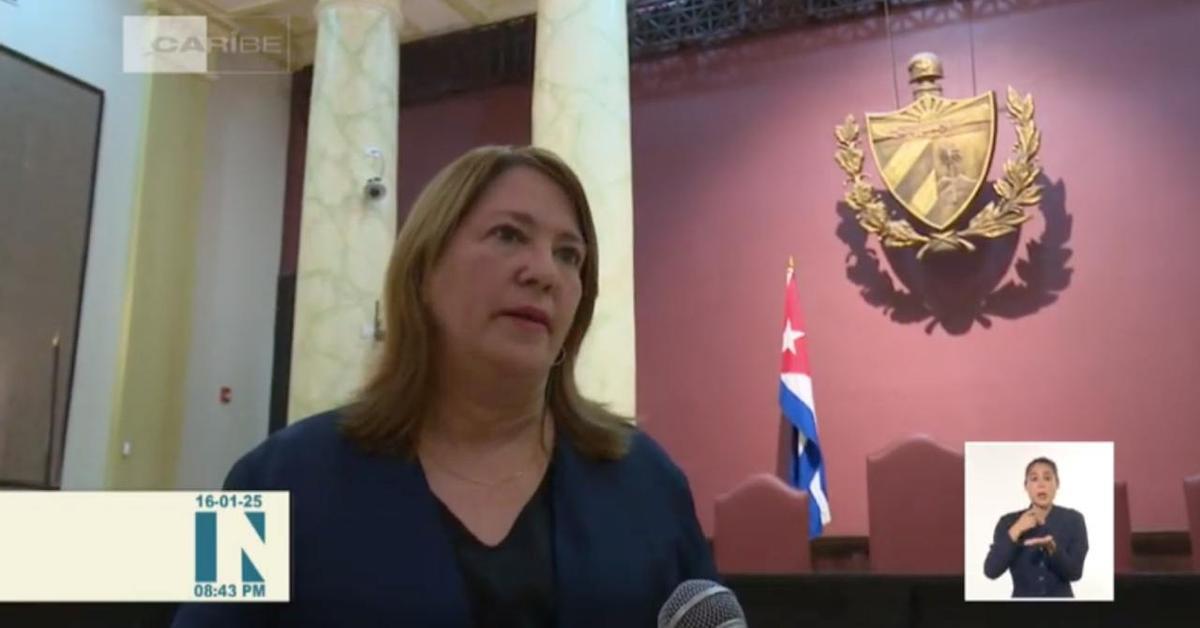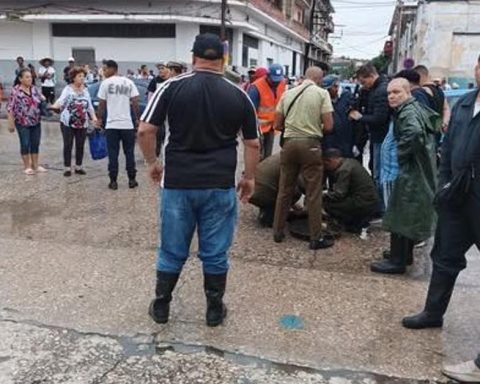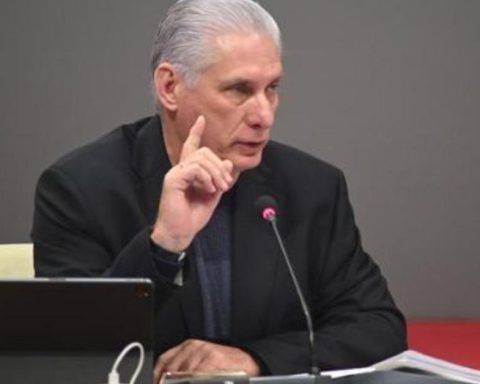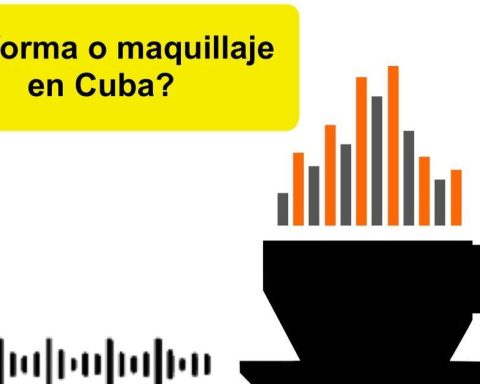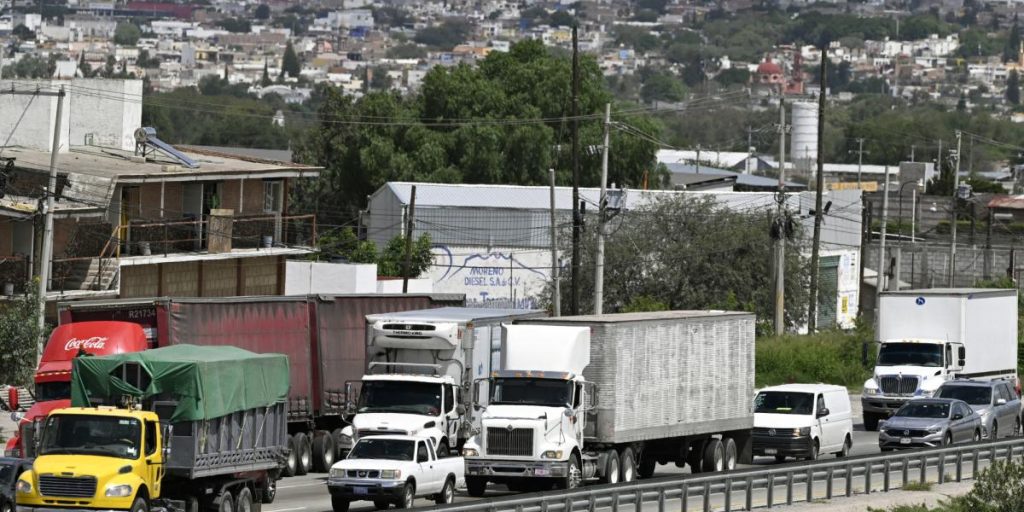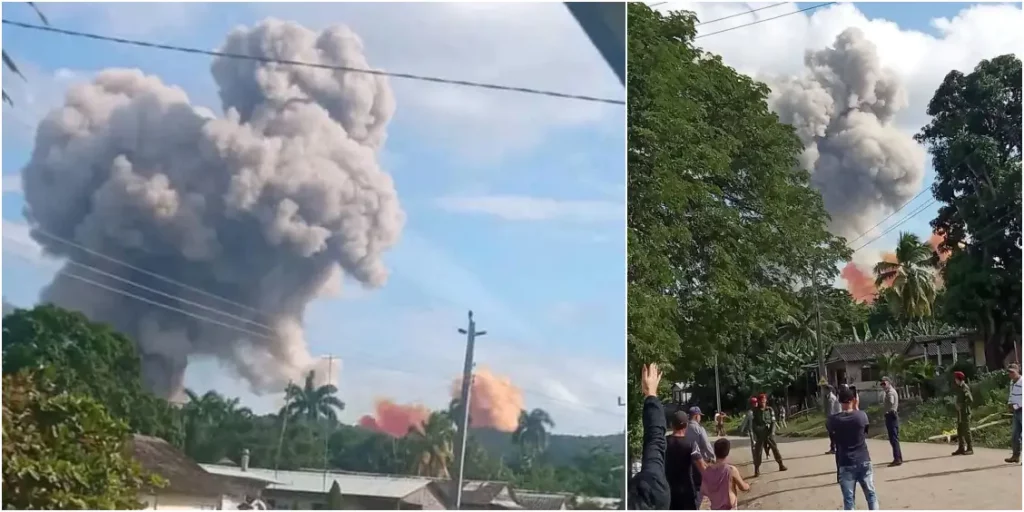Havana/The Cuban Government has so far released 127 prisoners of the 553 who, after a negotiation with the Vatican, promised to release on January 14th. The number was provided by Maricela Sosa Ravelo, vice president of the Supreme Court, to the regime’s spokesperson Humberto López, and is much higher than the 50 political prisoners registered until this Friday by the Prisoners Defenders organization, so it is to be expected that there will be a significant number of common prisoners who have been discreet with the news of their release.
Interviewed at the Court headquarters, Sosa Ravelo explained that, of the 127 released from prison between Wednesday and Thursday, 121 are on parole and six have extra-penal license. The former are subject to “a trial period” in which former inmates must meet certain conditions, maintain “good behavior” and be linked to a workplace or school, until the time of the sanction ends.
The six extra-penal licenses, on the other hand, were granted “due to illness” and other reasons that prevent the inmate from remaining in prison, although Sosa Ravelo did not give more details about the cases.
The six extra-penal licenses were granted “due to illness” and other reasons
There have been releases “in all Cuban provinces,” said López. Each person has had a meeting with an execution judge who has explained their legal situation during their “trial period.” “In the coming days the process will continue,” said López. The Prosecutor’s Office will have to offer its opinion on each case raised, Sosa Ravelo said, “and it may be favorable or unfavorable.”
Some organizations, such as Justice 11J, doubt the “relatively high number of people” that the Supreme Court claims to have released. The NGO alleges that it has documented 39 releases, “all political prisoners.”
Sosa Ravelo was interviewed for the first time last Wednesday by López himself about the implementation of the measure. In his speech he clarified that it is not an amnesty or a pardon, since “they entail the total extinction of the sanction”, which will not happen in these cases. If they do not comply with their “obligations,” he warned, they could return to prison.
Those on the list were prosecuted for “dissimilar” crimes.
Those on the list were prosecuted for “dissimilar” crimes. And he listed: “Patrimonial crimes such as crimes of theft, robbery with force. There are threats, there are injuries, there are disorders. There are also some people who were punished for sedition, but sedition is not a political crime.”
Among those released this Thursday was José Daniel Ferrer, leader of the Patriotic Union of Cuba (Unpacu), locked up in the Mar Verde prison, in Santiago de Cuba, since July 11, 2021. The dissident’s family said they did not know if He had been released from prison thanks to an extra-penal license or under parole.
Ferrer, in his first interventions, assured that he refused to sign a document that was presented to him before his release: “They threw me out of prison because I did not accept conditional release.” Furthermore, he recalled that he would not accept impositions of any kind from the regime, and said he felt “others’ shame” for the agreements that allowed the release of the prisoners.
Another of the most anticipated releases was that of Luis Robles Elizastigui, known as “the young man with the banner” for having protested with a sign on the Havana boulevard of San Rafael, in December 2020. Robles, 20 years old, was serving his sentence in the maximum security prison of the Combinado del Este, in Havana, from which he received a brief pass in February of last year.
Dariel Cruz García, 23, who participated in the La Güinera protest on July 12, 2021, is on parole.
On parole is Dariel Cruz García, 23, who participated in the La Güinera protest on July 12, 2021 and whose mother told 14ymedio who fears for his son’s future: “anything can happen in the neighborhood, because here in Cuba the situation is very bad and they want to put him in jail again.” “If my son had been given total freedom and could leave the country, I would do everything possible for him to leave Cuba as soon as possible, even if it was for Haiti,” he added.
Only through the interviews with Sosa Ravelo has the Cuban regime provided the little official information that exists about those released. Humberto López, in fact, has downplayed the impact of the issue and has said that the releases occurred “systematically” in Cuba and that this process is “one more.”
